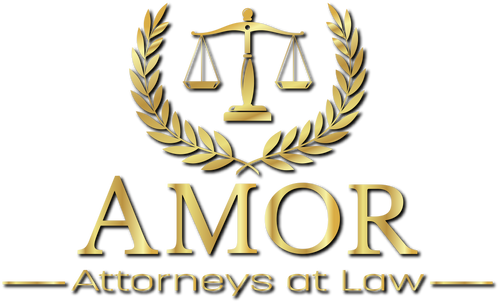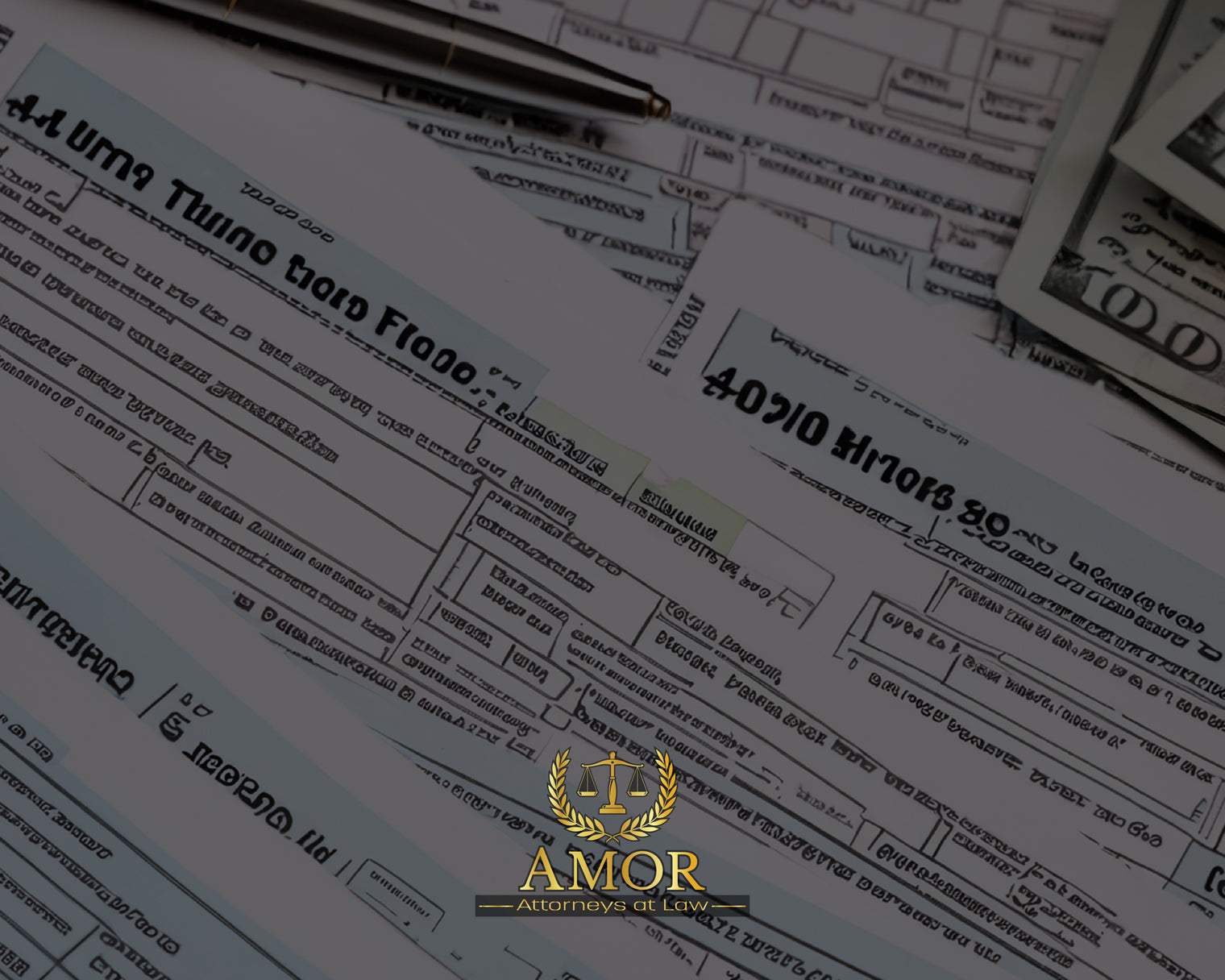Running a small business comes with many responsibilities, including understanding and managing your tax obligations. Here's a straightforward breakdown of the taxation of small businesses:
- Business Structure Matters:
- The way your business is structured affects how it's taxed. Common small business structures include sole proprietorships, partnerships, limited liability companies (LLCs), S corporations, and C corporations.
- Sole proprietorships and partnerships are typically taxed as pass-through entities, meaning business profits are reported on the owner's or partners' individual tax returns.
- LLCs offer flexibility in taxation, allowing owners to choose between pass-through taxation or corporate taxation.
- S corporations also pass profits and losses through to shareholders, while C corporations are taxed separately from their owners.
- Income Tax:
- Small businesses are generally subject to federal and state income taxes on their profits. The tax rates and rules vary depending on the business structure and the amount of income earned.
- Pass-through entities like sole proprietorships, partnerships, LLCs, and S corporations report business income on the owners' personal tax returns and are taxed at individual income tax rates.
- C corporations pay corporate income tax on their profits at the corporate tax rate. Shareholders of C corporations may also be subject to taxes on dividends received from the corporation.
- Self-Employment Tax:
- If you're self-employed or a partner in a partnership, you're responsible for paying self-employment tax, which covers Social Security and Medicare taxes.
- Self-employment tax is calculated based on your net earnings from self-employment and is in addition to income tax.
- Employment Taxes:
- If you have employees, you're responsible for withholding and paying payroll taxes, including federal income tax, Social Security tax, and Medicare tax from employee wages.
- Employers are also required to pay matching Social Security and Medicare taxes and federal unemployment taxes (FUTA).
- Quarterly Estimated Taxes:
- Small business owners are generally required to pay quarterly estimated taxes to cover their income and self-employment tax liabilities.
- Estimated tax payments are based on the business's expected income and are due four times a year.
- Deductions and Credits:
- Small businesses may be eligible for various deductions and credits to reduce their tax liabilities. Common deductions include business expenses such as rent, utilities, supplies, and employee wages.
- Tax credits, such as the Small Business Health Care Tax Credit or the Research and Development Tax Credit, can provide additional tax savings for eligible businesses.
- Recordkeeping and Compliance:
- Keeping accurate records of income, expenses, and other financial transactions is essential for small business tax compliance.
- Small businesses should also stay informed about tax law changes and filing deadlines to avoid penalties and interest.
Conclusion:
Navigating small business taxes can be complex, but understanding the basics can help you stay compliant and minimize your tax liabilities. Consider consulting with a tax professional or a tax lawyer for personalized guidance tailored to your business's needs. With proper planning and compliance, you can focus on growing your business with confidence.
Disclaimer:
The contents of this blog do not constitute legal advice. Always contact your attorney for legal matters.






